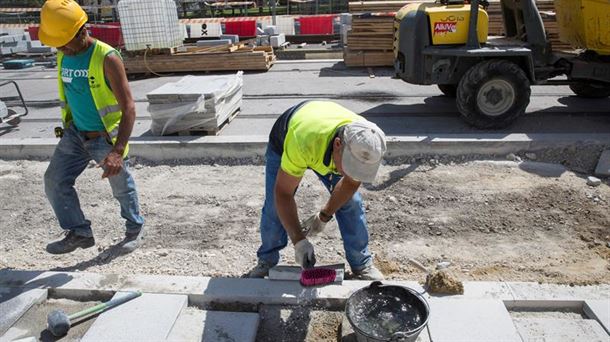On Wednesday, the European Commission officially recommended that its member states begin accession negotiations with Ukraine and Moldova. EU boss Ursula von der Leyen speaks of a “strong economic and geopolitical” logic.
The EU leader’s statements are therefore also a reference to Moscow. Both countries are immediately threatened by Russia. Von der Leyen announced on X (formerly Twitter) that both states would implement democratic reforms despite existential crises.
“The past enlargements have brought enormous benefits for both the accession countries and the EU,” the EU leader explained.
According to the report, four of the seven conditions set by the Commission for Ukraine have been fully met. The Commission welcomes the significant reform efforts the country has made. As regards Ukraine’s ability to meet the obligations arising from EU membership, the country is working towards alignment with current EU legislation (EU acquis).
New status for Georgia and Bosnia and Herzegovina
Based on new assessments, Bosnia and Herzegovina may also have limited hope of starting EU accession negotiations. Georgia should also be given candidate country status.
Kosovo will have to keep waiting. Talks with Turkey have been at a standstill for years due to constitutional deficiencies. The EU is currently negotiating accession with Montenegro, Albania, Serbia and North Macedonia.
All 27 EU countries must decide unanimously to start accession negotiations. The EU heads of state and government could give the starting signal at their summit in Brussels in mid-December.
With its new growth plan for the Western Balkans, the Commission wants to send a signal to the Western Balkan countries, some of which have been on the EU’s waiting list for more than a decade. Several Member States – including Austria – had called for more speed in this area.
The Western Balkans growth plan is based on four pillars
The objectives are to strengthen economic integration in the EU’s internal market, promote economic integration within the Western Balkans based on EU rules and standards, accelerate fundamental reforms and increase financial support. A new Reform and Growth Facility for the Western Balkans is expected to mobilize €6 billion in non-repayable aid and loans.
“The European Commission firmly believes that enlargement remains an important policy of the European Union and in particular that full membership of the countries of the Western Balkans is in the political, security and economic interests of the Union itself,” the document emphasizes.
Source: Krone
I am Wallace Jones, an experienced journalist. I specialize in writing for the world section of Today Times Live. With over a decade of experience, I have developed an eye for detail when it comes to reporting on local and global stories. My passion lies in uncovering the truth through my investigative skills and creating thought-provoking content that resonates with readers worldwide.



